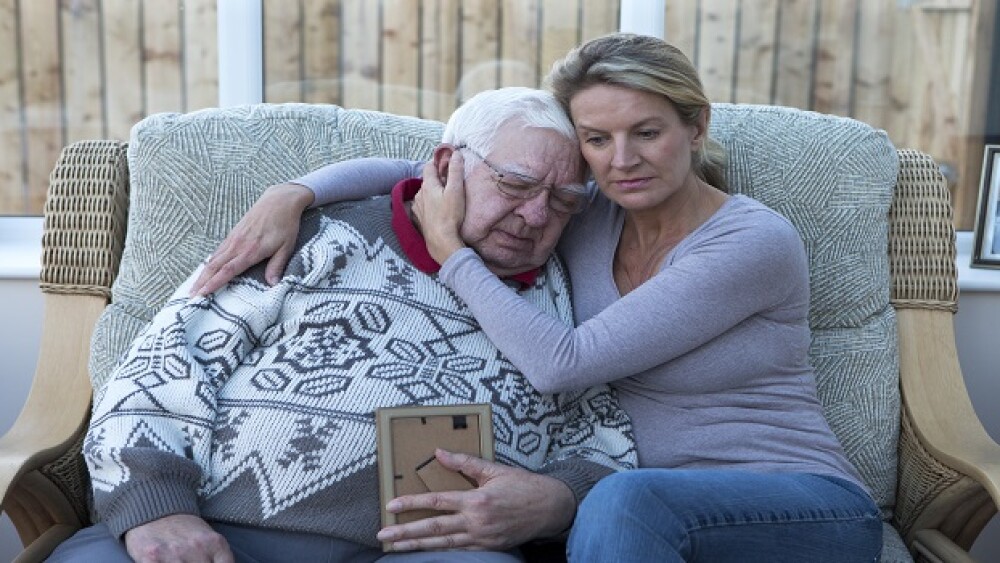North Carolina-based vTv Therapeutics revealed some potential hope for Alzheimer’s patients from its Phase III azeliragon study despite the drug failing to meet primary endpoints in April.
North Carolina-based vTv Therapeutics revealed some potential hope for Alzheimer’s patients from its Phase III azeliragon study despite the drug failing to meet primary endpoints in April.
vTv said a post-hoc analysis of data from Part A of the Phase III trial identified a subpopulation of Alzheimer’s patients that showed a statistically significant benefit in comparison to placebo. Those patients consisted of trial participants with peak azeliragon blood plasma concentration of less than 7.5 ng/mL. Those patients had a -1.9 point improvement in ADAS-cog relative to the placebo group related to placebo, vTv announced. The patients also showed a 0.5 point improvement on CDR-sb relative to placebo despite the smaller sample size. These findings are consistent with results from an earlier Phase IIb study of azeliragon. In that trial azeliragon provided statistically significant benefits to patients with mild and mild-to-moderate Alzheimer’s patients. Over the course of 18 months, patients with mild Alzheimer’s registered a 4.0 point improvement on the using the ADAS-Cog11 assessment scores.
In contrast, participants in the Phase IIb and STEADFAST Part A study with high azeliragon concentrations performed worse on the ADAS-cog relative to placebo, the company said on Wednesday.
With that information in hand, the company said it will approach the U.S. Food and Drug Administration with a revised Statistical Analysis Plan to seek approval for a Part B Study. The Part B study will pre-specify a target population for the primary study analysis. vTv expects to report Part B topline efficacy results based on 12-month data in June 2018.
That news excited investors in the company who snapped up shares of vTv and sent the stock up nearly 40 percent in premarket trading.
“We are encouraged by the positive improvements in cognitive and functional outcomes relative to placebo based upon low azeliragon concentration levels,” Steve Holcombe, chief executive officer of vTv Therapeutics said in a statement. “With this understanding, we are continuing to analyze the data and then plan to examine the relevant population prospectively in the Part B study and announce results in June.”
The hope for a Part B study is a big turnaround for the company, which had discontinued clinical trials involving azeliragon after the Phase III failure. In April the company said azeliragon failed to meet efficacy endpoints in patients with mild Alzheimer’s disease.
Azeliragon is a novel orally active small-molecule antagonist of RAGE, that vTv discovered through its proprietary drug discovery platform TTP Translational Technology. In its research vTv said research has shown that receptor for advanced glycation end products (RAGE) activation contributes to the pathogenesis of Alzheimer’s disease.
Alzheimer’s and other forms of dementia are a growing healthcare concern. In the United States Alzheimer’s disease is the sixth-leading cause of death across all ages and the fifth-leading cause of death in people over 65 years of age. By 2050 the number of global patients is expected to hit 131.5 million.
Despite the increase in Alzheimer’s, few medications have been successfully developed to treat the degenerative disease. Multiple companies have seen late-stage failures. Most recently those failures include Merck & Co.’s verubecestat, Eli Lilly’s solanezumab, Axovant Sciences’ intepirdine and Lundbeck’s idalopirdine. Biogen is continuing development of its aducanumab.





